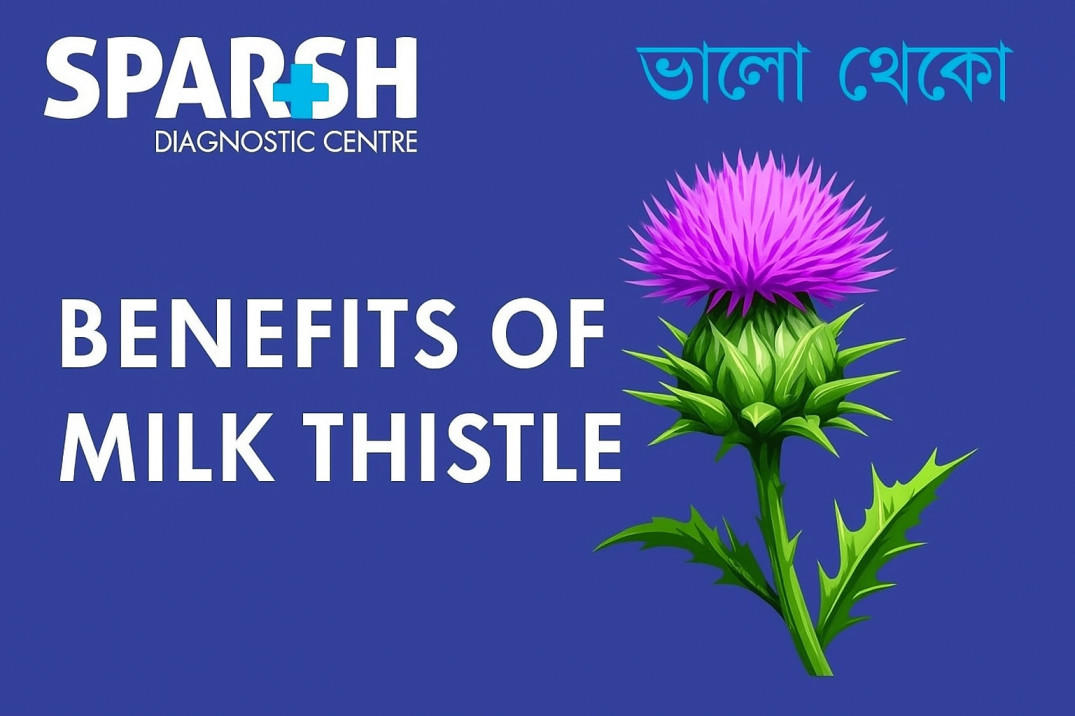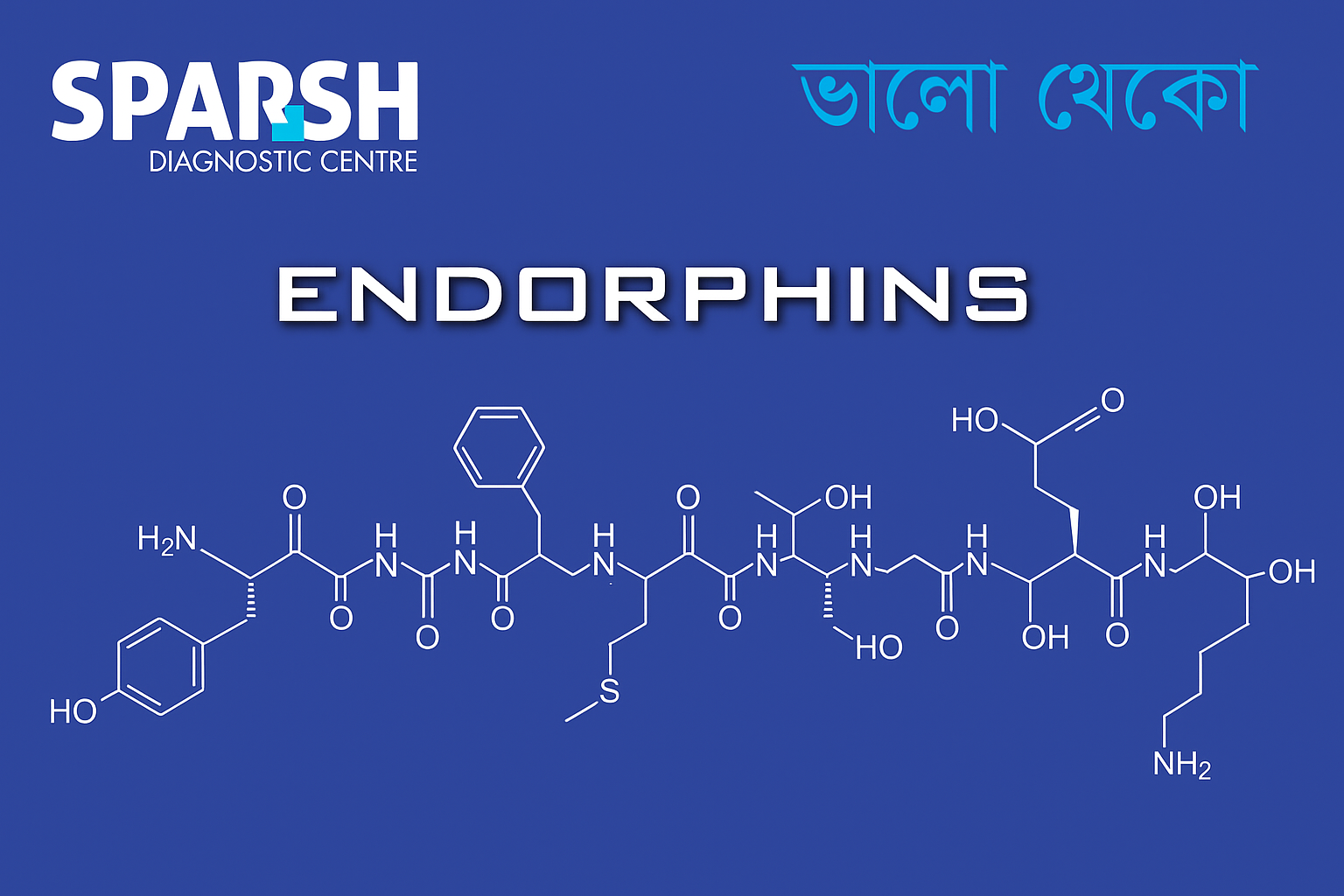Milk thistle (Silybum marianum), a flowering herb native to the Mediterranean, has been used for over 2,000 years as a natural remedy for liver and gallbladder disorders. The active compound in milk thistle, silymarin, is a group of flavonoids known for their antioxidant, antiviral, and anti-inflammatory properties.
In recent years, milk thistle has gained popularity as a dietary supplement, especially among those seeking natural ways to support liver health, manage blood sugar, and combat oxidative stress. But how effective is it really? Let’s dive into the science-backed benefits of milk thistle.
1. Liver Health Support
Milk thistle is best known for its hepatoprotective effects. Silymarin helps protect liver cells from toxins, including alcohol, drugs, and environmental pollutants.
- Used in liver diseases such as alcoholic liver disease, non-alcoholic fatty liver disease (NAFLD), hepatitis, and cirrhosis
- May promote liver cell regeneration and reduce inflammation
- Acts as a free radical scavenger, reducing oxidative stress in liver tissues
2. Antioxidant and Anti-Inflammatory Properties
Silymarin is a potent antioxidant that helps neutralize free radicals, which are responsible for cellular damage and aging.
- Reduces inflammation by inhibiting inflammatory cytokines
- Protects against oxidative stress-related diseases, including cardiovascular and neurodegenerative disorders
- May support skin health by reducing oxidative damage from UV exposure
3. May Help Manage Type 2 Diabetes
Emerging research suggests that milk thistle may aid in blood sugar regulation.
- Silymarin has been shown to improve insulin sensitivity
- May help lower fasting blood glucose and HbA1c levels
- Offers antioxidant protection to pancreatic cells
4. Supports Brain Health
Milk thistle’s antioxidant and anti-inflammatory effects may extend to the brain.
- May help prevent age-related cognitive decline
- Potential neuroprotective effects in Alzheimer’s disease and Parkinson’s disease
- Animal studies show improved memory and learning capacity
5. May Aid in Cancer Prevention
While more research is needed, early studies suggest that silymarin may have anticancer properties.
- Inhibits cancer cell growth and induces apoptosis (cell death)
- May enhance the effectiveness of chemotherapy while protecting healthy cells
- Studied in cancers of the prostate, breast, skin, and liver
6. Skin Health and Anti-Aging
Topical and oral use of milk thistle may benefit the skin.
- Protects against UV-induced damage
- Reduces inflammation and redness in conditions like acne and rosacea
- May slow signs of aging by combating oxidative stress
7. May Boost Breast Milk Production
Traditionally, milk thistle has been used to increase lactation in breastfeeding mothers.
- Believed to stimulate prolactin, the hormone responsible for milk production
- Some small studies show increased milk volume, though more research is needed
8. Cholesterol and Heart Health
Milk thistle may support cardiovascular health by improving lipid profiles.
- May help lower LDL (bad) cholesterol and increase HDL (good) cholesterol
- Reduces oxidative stress in blood vessels
- Supports overall heart function, especially in people with diabetes
9. May Help with Indigestion and Gallbladder Health
Milk thistle has mild digestive benefits, particularly for bile production.
- Stimulates bile flow, aiding in fat digestion
- May reduce bloating, gas, and indigestion
- Supports gallbladder function, potentially preventing gallstones
10. Potential Benefits in Allergies and Immune Support
Silymarin may modulate immune responses and reduce allergic reactions.
- Inhibits histamine release, reducing allergy symptoms
- May support immune cell function and reduce inflammation
- Being studied for autoimmune and inflammatory conditions
Dosage and How to Take Milk Thistle
- Typical dosage: 200–400 mg of silymarin per day, divided into 2–3 doses
- Available as capsules, tablets, tinctures, and teas
- Best taken with meals to enhance absorption
- Always consult a healthcare provider before starting supplementation
Safety and Side Effects
Milk thistle is generally considered safe for most people, but some may experience:
- Gastrointestinal issues: bloating, gas, or diarrhea
- Allergic reactions, especially in those allergic to ragweed or daisies
- Drug interactions: may affect how the liver metabolizes certain medications
Who Should Avoid Milk Thistle?
- Pregnant or breastfeeding women (unless advised by a doctor)
- People with hormone-sensitive conditions (e.g., breast or uterine cancer)
- Those taking blood thinners, antipsychotics, or cholesterol-lowering drugs
Frequently Asked Questions (FAQs)
1. What is milk thistle used for?
Milk thistle is primarily used to support liver health, but it also offers benefits for blood sugar control, skin health, and antioxidant protection.
2. Can milk thistle detox your liver?
Yes, milk thistle may help detoxify and regenerate liver cells, especially in cases of alcohol or drug-induced liver damage.
3. Is milk thistle safe for daily use?
For most people, yes. However, it’s best to consult a healthcare provider, especially if you’re on medication.
4. How long does it take for milk thistle to work?
Some benefits, like improved digestion, may be noticed within a few days. Liver-related improvements may take weeks to months.
5. Can milk thistle help with weight loss?
Indirectly, yes. By improving liver function and insulin sensitivity, it may support metabolic health, but it’s not a weight-loss supplement per se.
6. Is milk thistle good for skin?
Yes, its antioxidant and anti-inflammatory properties may help reduce acne, redness, and signs of aging.
Milk thistle is a powerful herbal ally with a wide range of potential health benefits—from liver protection and blood sugar control to skin health and antioxidant defense. While more research is needed in some areas, its long history of use and emerging scientific support make it a compelling supplement for those seeking natural wellness solutions.
Before adding milk thistle to your routine, especially if you have existing health conditions or take medications, consult your healthcare provider.
#BhaloTheko
Disclaimer:
No content on this site, regardless of date, should ever be used as a substitute for direct medical advice from your doctor or other qualified clinician.

![]()





